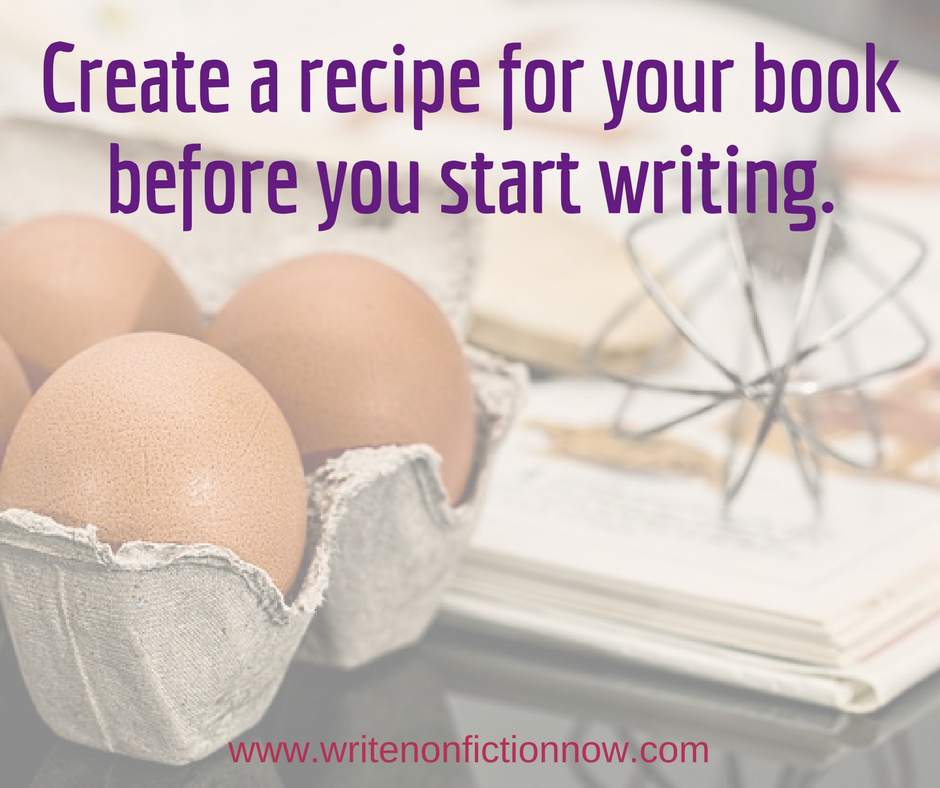 November is a big writing month. Why do I mention this at the beginning of October and what does it have to do with your November nonfiction writing challenge? If you plan on participating in National Nonfiction Writing Month (NaNonFiwriMo), aka the Write Nonfiction in November Challenge, you have 30 days to prepare. You could also particpate in National Novel Writing Month (NaNoWriMo), which has a “rebel” forum for those writing nonfiction.
November is a big writing month. Why do I mention this at the beginning of October and what does it have to do with your November nonfiction writing challenge? If you plan on participating in National Nonfiction Writing Month (NaNonFiwriMo), aka the Write Nonfiction in November Challenge, you have 30 days to prepare. You could also particpate in National Novel Writing Month (NaNoWriMo), which has a “rebel” forum for those writing nonfiction.
Both events encourage you to write a book in a month. But if you don’t prepare to do so I advance, you’ll spend a good bit of November figuring out what to write and how to write it. That typically means you won’t write your nonfiction book in November. You’ll prepare to write it in December. That’s why I challenge you this month to prepare for next month’s writing challenge.
October Challenge: Prepare to Write a Book in a Month
To prepare to write a nonfiction book in a month, you need to approach your project like cooking a recipe. Before you begin, you collect all the ingredients. And you look over the recipe to be sure you know what you need to do first, second, third, etc. Only when you understand what to do and are sure you have the ingredients and tools to make the dish do you begin to cook. If you fail to prepare, your recipe might not turn out edible.
When you write a book, you also must gather specific information or “ingredients.” Doing so helps you to follow the “recipe “you create with ease and speed.
When you have the recipe and ingredients for your book, it becomes much easier to sit down and write starting on November 1. To gather this information or create the recipe for your book, answer these questions.
- What’s your book about? If you can’t yet describe your book in 100 words or less, you are unclear about the book’s focus, angle or content—or even its audience.
- What value will your book provide? Readers want to know “What’s in it for me?”—what benefit will they receive from reading your book? You need to know this before you write.
- Who is your ideal reader? You must know for whom you are writing. What do they like, need, want? What are their struggles, questions, problems, and desires?
- How will your book be different than what’s been published on the topic? Do you know what will make your book unique? It must fill a gap in the category.
- How will your book get readers from Point A to Point B? The table of contents for a nonfiction book must provide a logical progression, like modules in a course, from start to finish. Create a table of contents for your book that provides the structure for the readers’ journey.
- What do you need to write for each chapter? Knowing what to write about ensures you write quickly and efficiently. Determine what content you will include in each chapter so you can be more productive.
- What research do you need to complete? Complete any research beforehand so you don’t feel the need to research rather than write.
Don’t start a November writing challenge without the information required to answer these questions. If you do, you’ll lag behind because you aren’t writing, are off on a tangent, are looking for the answers, or are staring at a blank computer screen. With the answers, you’ll be off and writing—ahead of the pack—on day one. And you stand a much better chance of completing a book in a month.
What information do you gather before writing a nonfiction book in a month?
 Join the Nonfiction Writers’ University for a $1 trial period of 30 days*! When you do, you get access to all the Write Nonfiction in November (WNFIN) activites—virtual writing days, video interviews, a prep program, and a book-in-a-month coaching program…plus all the great content housed in the NFWU. Or take part in the WNFIN Challenge FREE of charge; learn more and register here.
Join the Nonfiction Writers’ University for a $1 trial period of 30 days*! When you do, you get access to all the Write Nonfiction in November (WNFIN) activites—virtual writing days, video interviews, a prep program, and a book-in-a-month coaching program…plus all the great content housed in the NFWU. Or take part in the WNFIN Challenge FREE of charge; learn more and register here.
*After the 30-day trial period you will be charged $37 per month for NWU membership.
Photo courtesy of stevepb / Pixabay.com